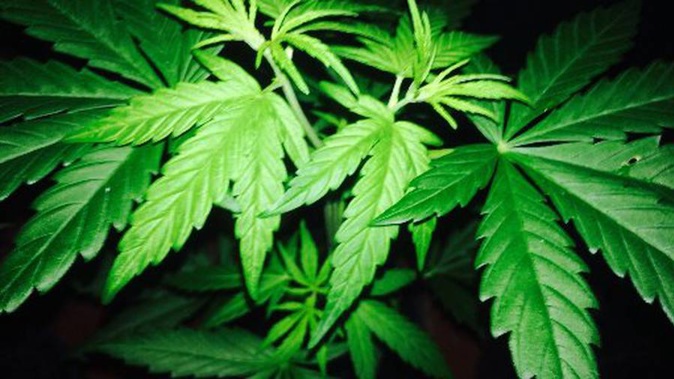
The number of people appearing before our district courts on cannabis offences has halved over the past decade - a phenomenon being attributed to "decriminalisation by stealth".
In one region, this number had dropped more than two-thirds.
According to data provided by the Ministry of Justice, a total 4117 people charged with cannabis-related offences went through New Zealand's district courts last year.
This was a 54 per cent drop from the 8876 people who went through district courts facing cannabis-related offences in 2008.
In the North Auckland region - an area encompassing the geographical region from Auckland central up to Warkworth - there had been a 68 per cent decrease in people appearing before the courts on cannabis offences.
The data encompassed all crimes related to the drug, including dealing or trafficking, manufacturing or cultivating, possession and use.
The data counted an offender only once each year.
The total number of cannabis-related charges, inclusive of repeat offenders, dropped from 14,465 in 2008, to 6812 last year.
Although the figures seemed to show Kiwis were putting on the brakes in their use of the drug, New Zealand Drug Foundation chief executive Ross Bell thought otherwise.
"Based on everything we've seen from the Ministry of Health, who conduct regular cannabis use surveys, cannabis use remains pretty high in New Zealand.
"We're among the highest users in the world - I think around 11 per cent of the population have used cannabis in the last 12 months."
Bell said a decrease in apprehensions and convictions was likely down to police practice.
He didn't consider it likely police had actively relaxed their attitudes around cannabis.
It was more probable limited resources were prioritised for policing drugs that caused the most harm, he said.
"Over the last 10 years police have had access to what they call a broader range of alternative resolutions. That includes things like the adult diversion schemes, or justice panels.
"In many districts they have these alternative resolutions which mean they can divert people rather than prosecuting them through a court process."
Arguably you could describe what's happening as "decriminalisation by stealth", Bell said.
But a police spokesperson said officers' approach to cannabis had not changed.
"Police officers do however have discretion on how they deal with a range of matters, including cannabis offences, on a case by case basis.
"This includes a number of alternative resolution options such as pre-charge warnings for lower level offences."
The spokesperson noted police were still seeing large-scale commercial cannabis crops - largely associated with organised crime.
"There has been a big jump in the number of cannabis plants seized nationwide in recent years."
The comments from police followed revelations recently around public support for cannabis law reform.
A poll commissioned by the New Zealand Drug Foundation found support for personal possession sat at 67 per cent.
Support for pain relief was 87 per cent while those in favour of a law reform legalising the use of cannabis for pain relief for terminal conditions was even higher, at 89 per cent.
After the publication of the poll results, GP and addiction specialist Tim Bevin told the Herald the Government had to be cautious with any law change.
Although the number of cannabis offences were plummeting, the number of people convicted of methamphetamine offences had more than doubled over the past decade.
Last year 2366 people appeared before New Zealand's district courts facing methamphetamine offences.
This was in comparison to 1061 offenders in 2008.
The number of people charged with offences involving any type of illicit drug was on a downward trend - from 10,409 in 208 to 6606 last year.
Take your Radio, Podcasts and Music with you








